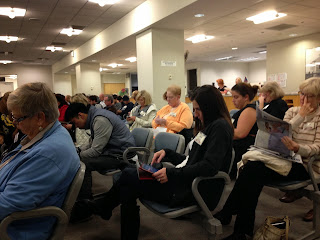In the past ten days I've found myself responding to conspiracy theories from several different people so now I'm more than happy to pontificate on the topic.
Generally speaking, a large public conspiracy becomes very obvious after the fact.
Moon Landings
Did we really land on the moon? Of course we did – do you really think it would have been possible to keep so many people, who participated, quiet. (Remember Capricorn One)? What would be their motivation to remain silent so many decades later? At some point in the future we'll take tourist trips to the moon to visit the Apollo 11 historic site which will look the same as it did when Neil Armstrong and Buzz Aldrin departed in 1969. But there's no shortage of people who think the Apollo moon landings were a conspiracy. These people end up getting punched in the face, literally, by a former astronaut.
9/11
What does a real life conspiracy look like? To answer that question we needn't look any further than 9/11 which was clearly a conspiracy. It's no small coincidence that four planes were highjacked at the same time with the same mission — those 19 highjackers were working together. That's what a conspiracy looks like.
On the flip side, conspiracy theories postulating that explosives were used to bring down the World Trade Center towers couldn't be further from the truth. I've heard arguments about how elegant and controlled the collapse of the towers looked, but, realistically, skyscrapers are like a house of cards. They're mostly filled with empty space and they fall in on themselves much like a house of cards we built as kids – there's no toppling them over like a tree.
Inside of a tree: rock solid; inside of a skyscraper: mostly empty.
Tin Foil Hats
Of course there are more extreme conspiracy theories where people believe the government is listening in on all of our conversations... um... you know... I hate it when they're right for the wrong reasons.









